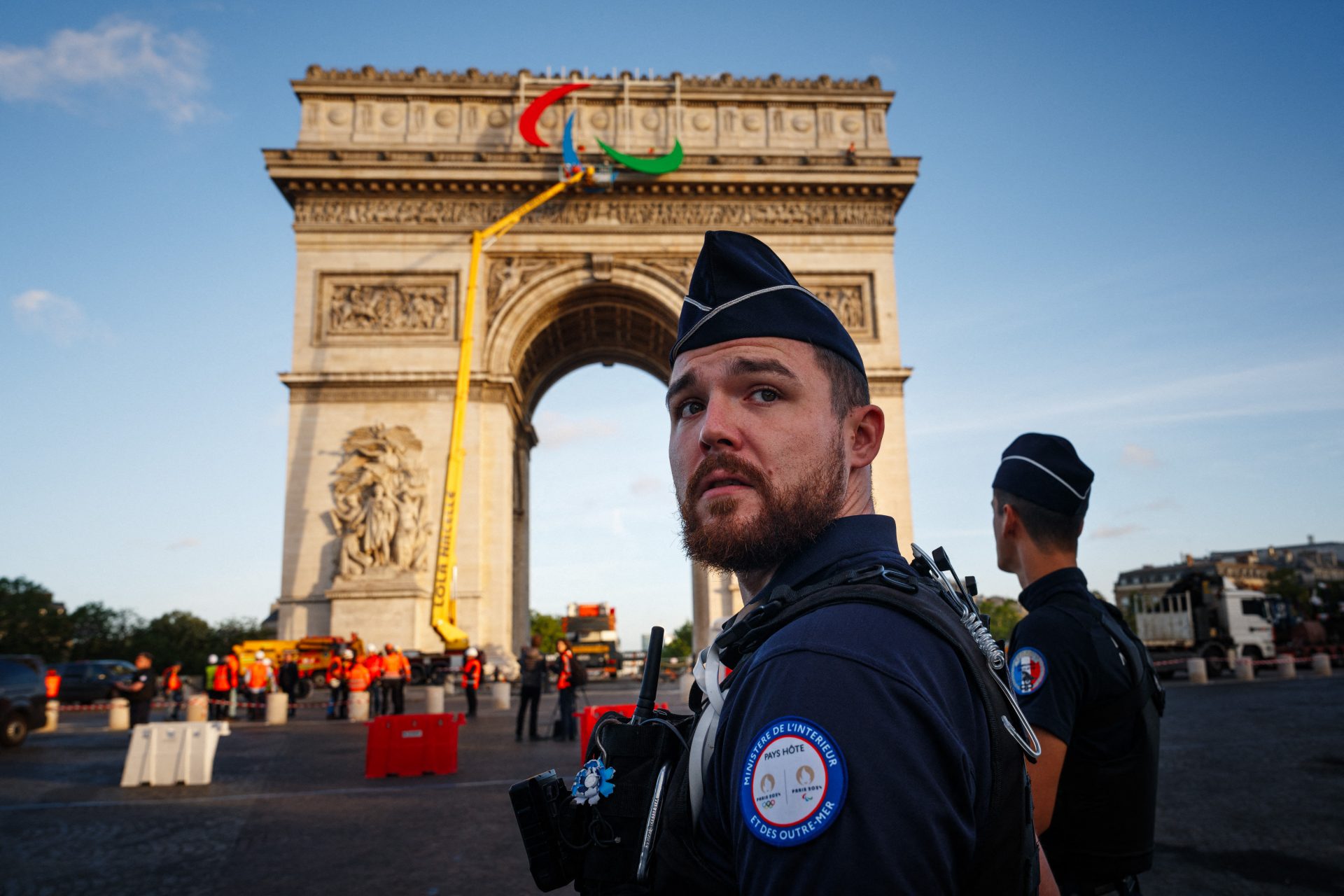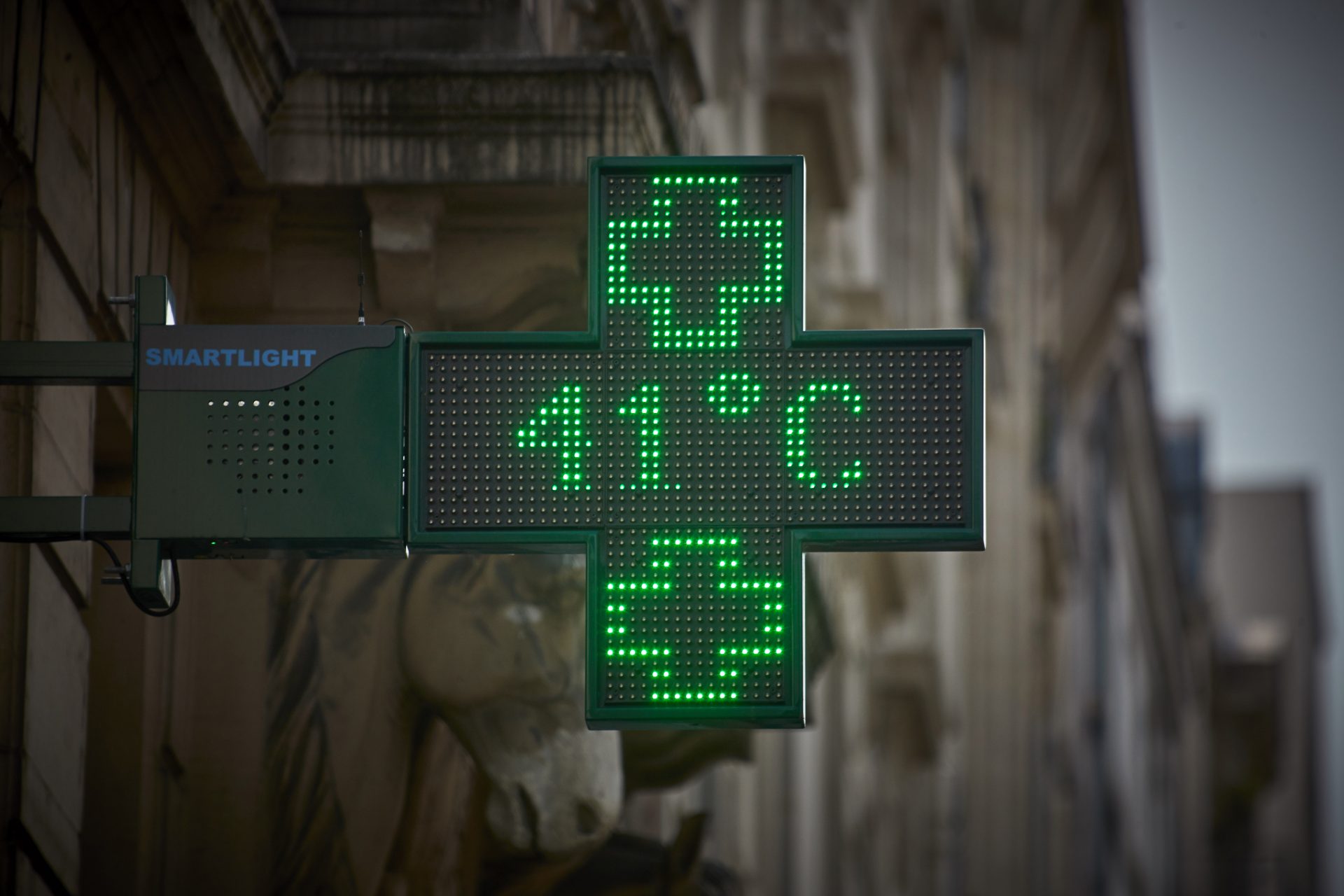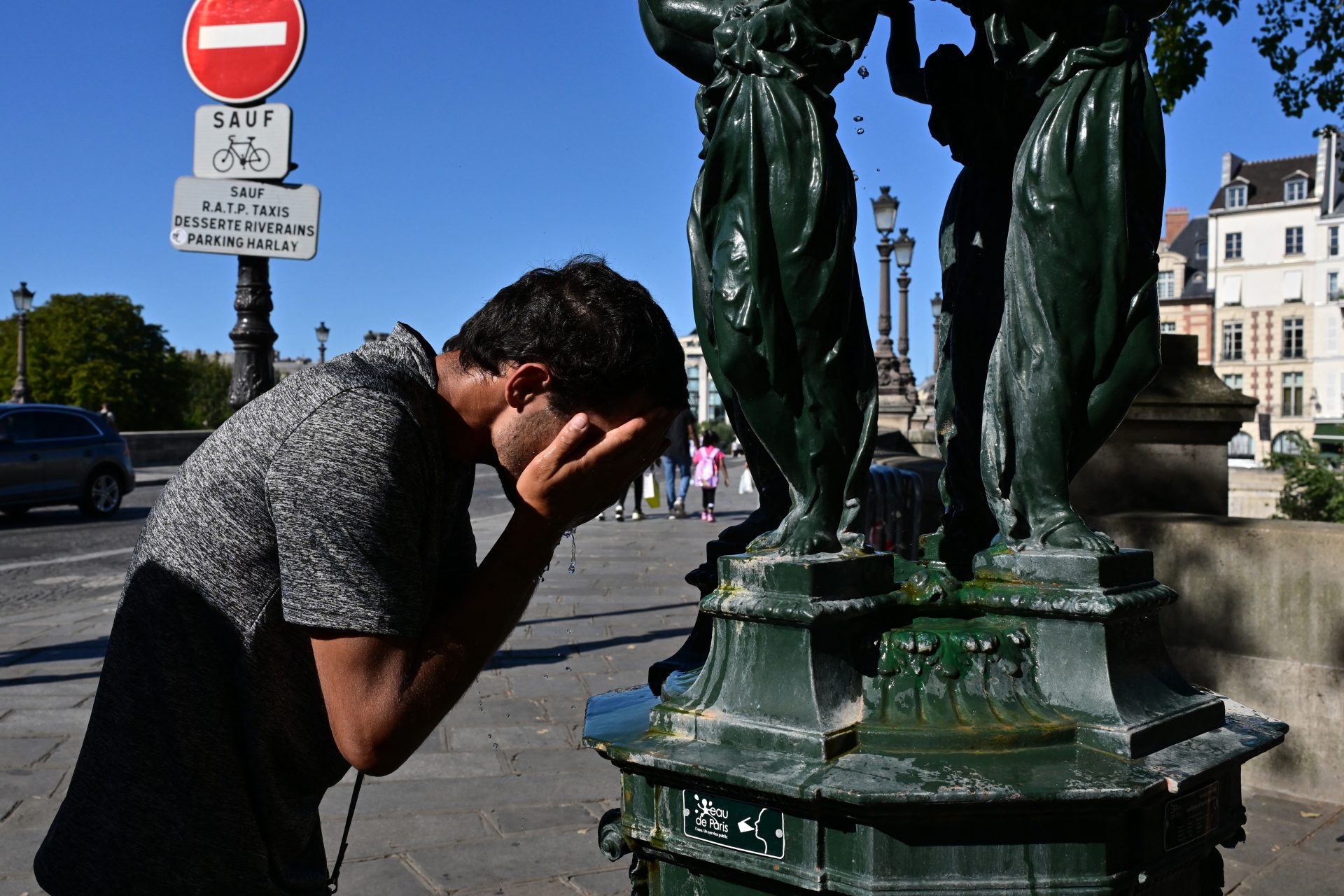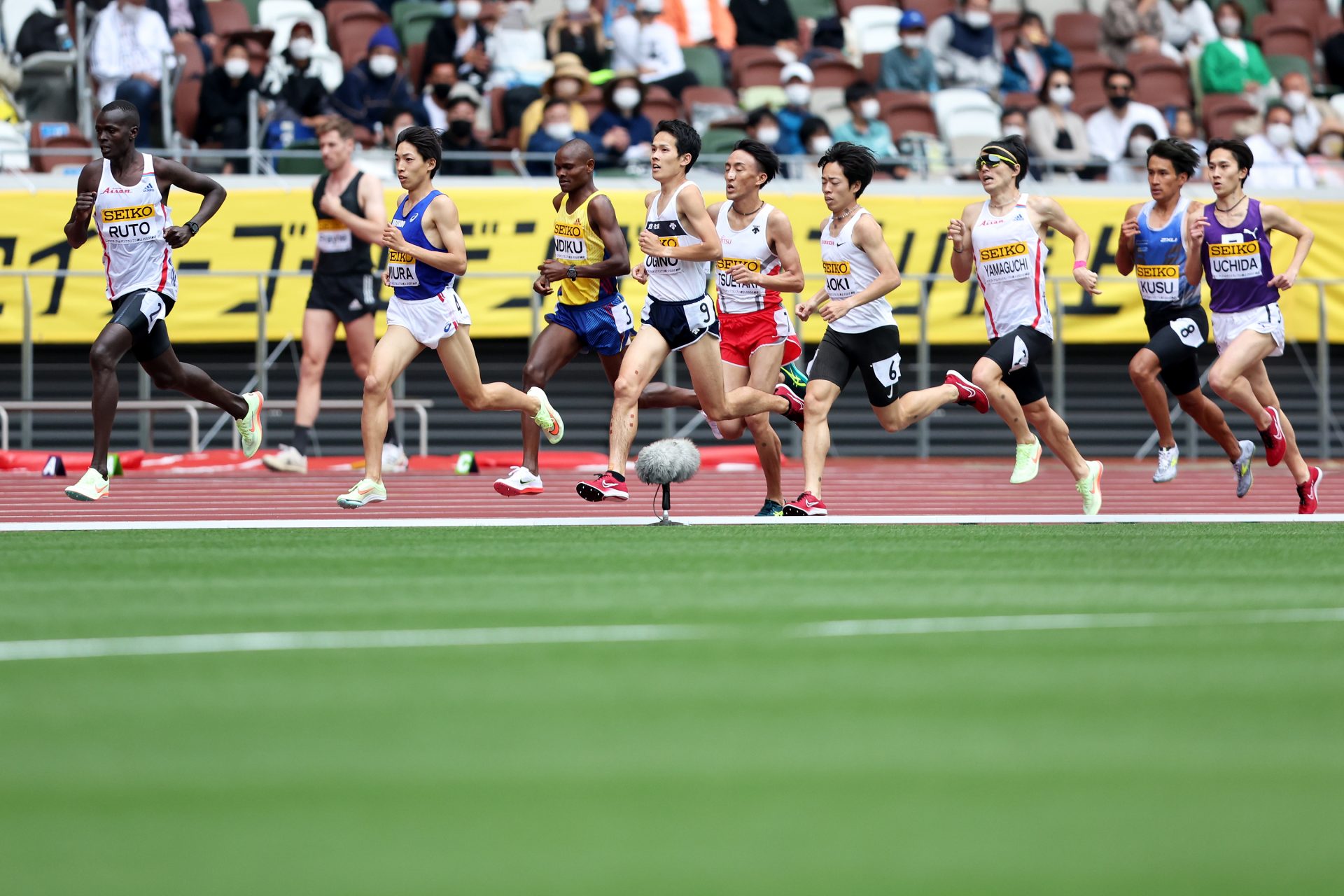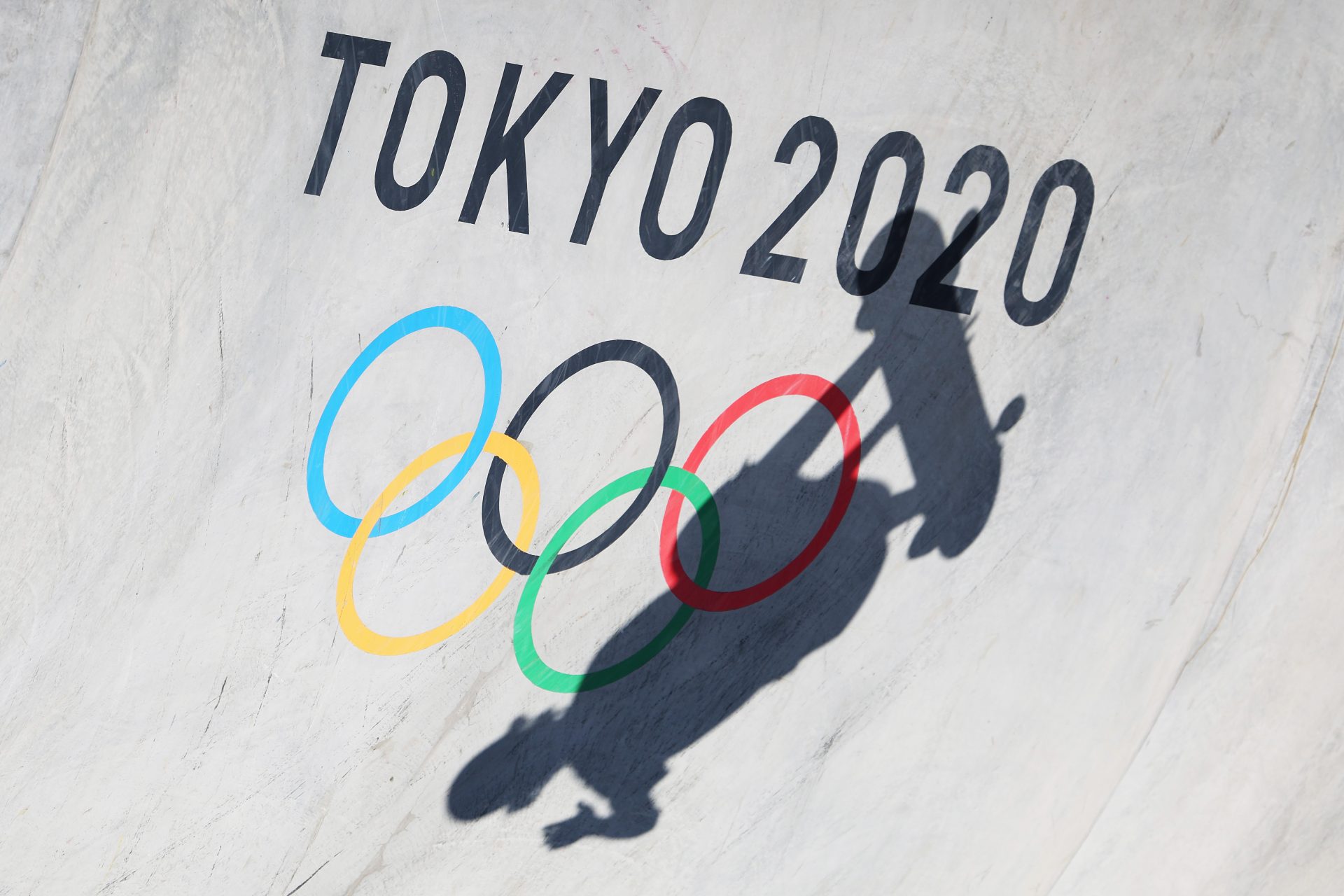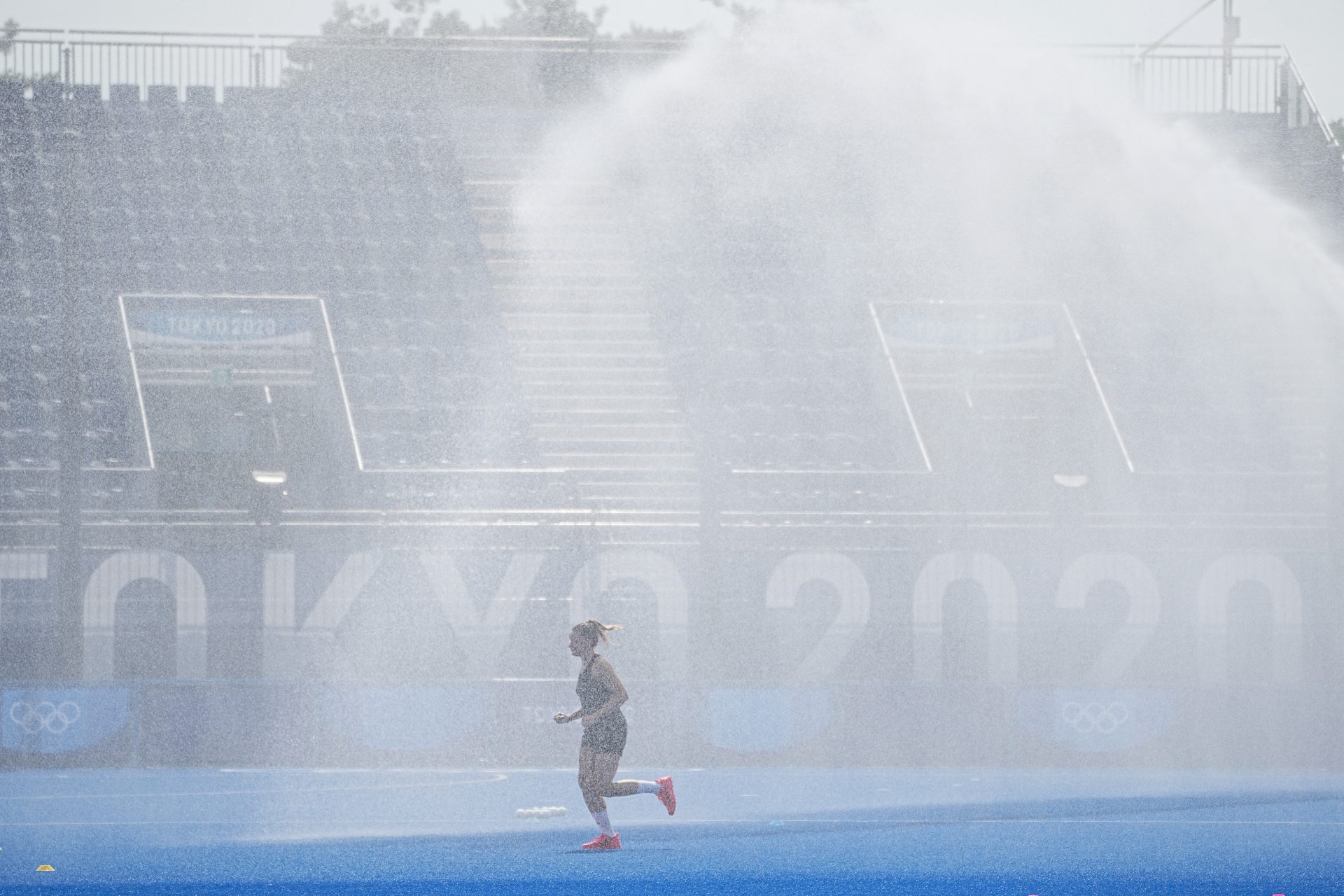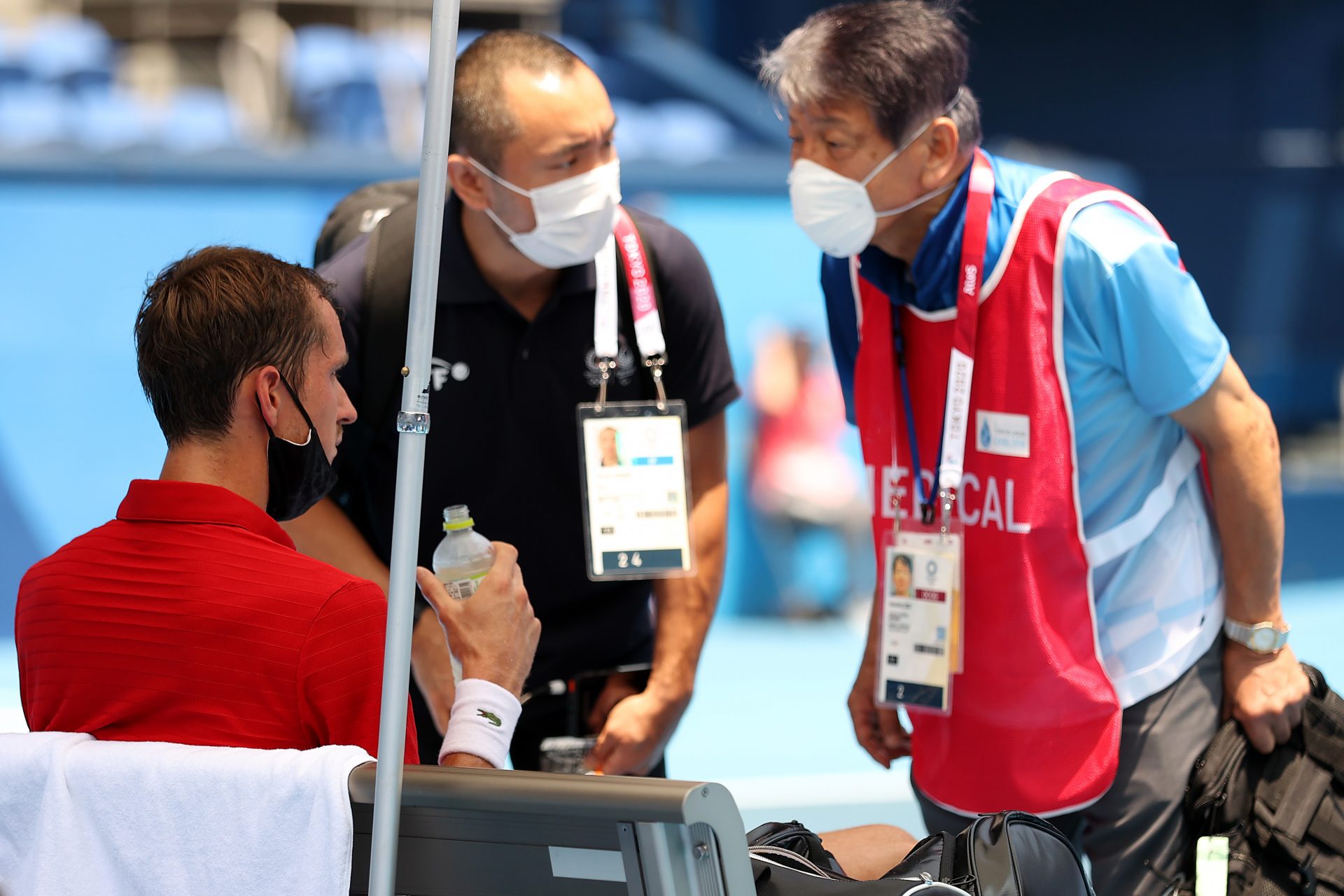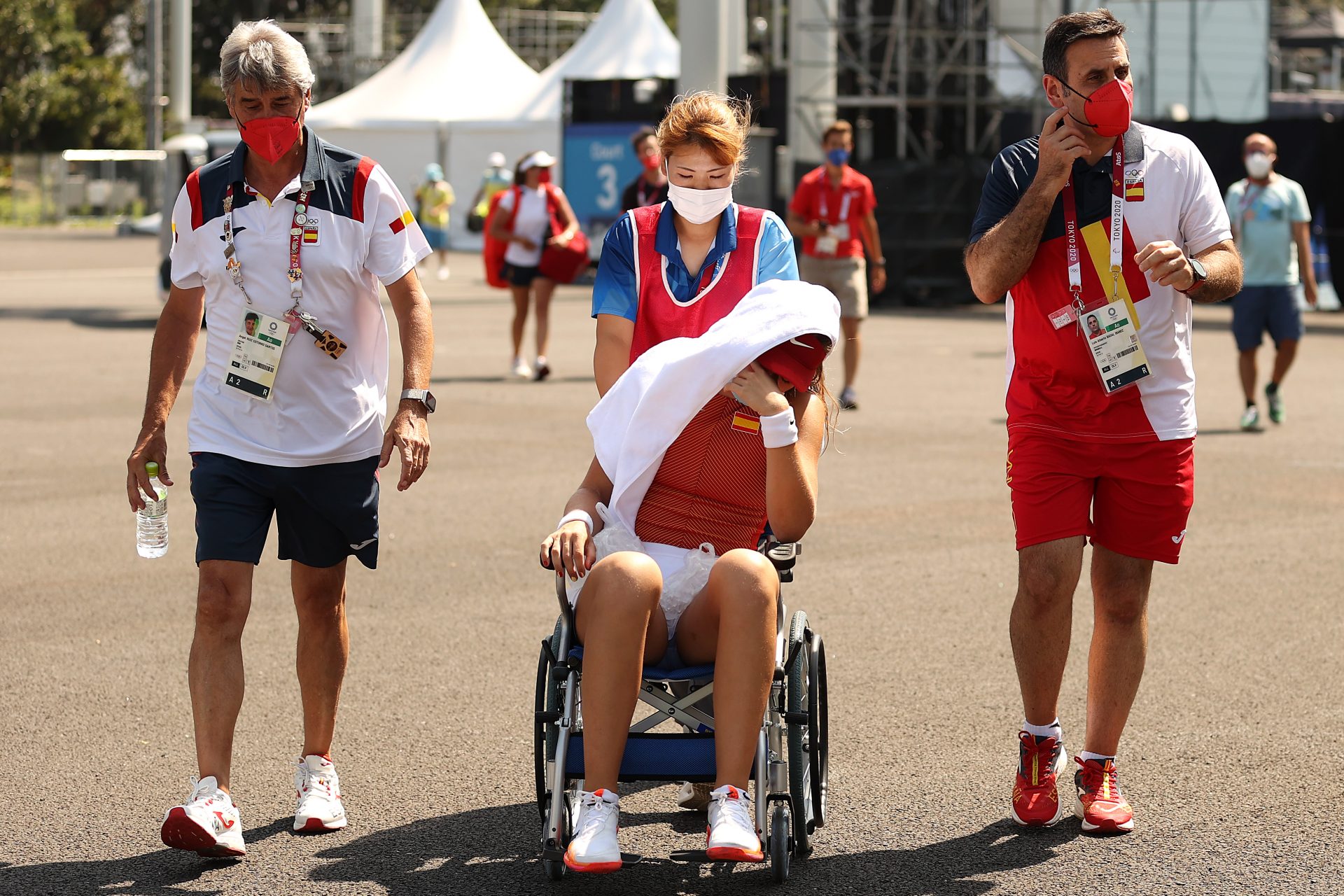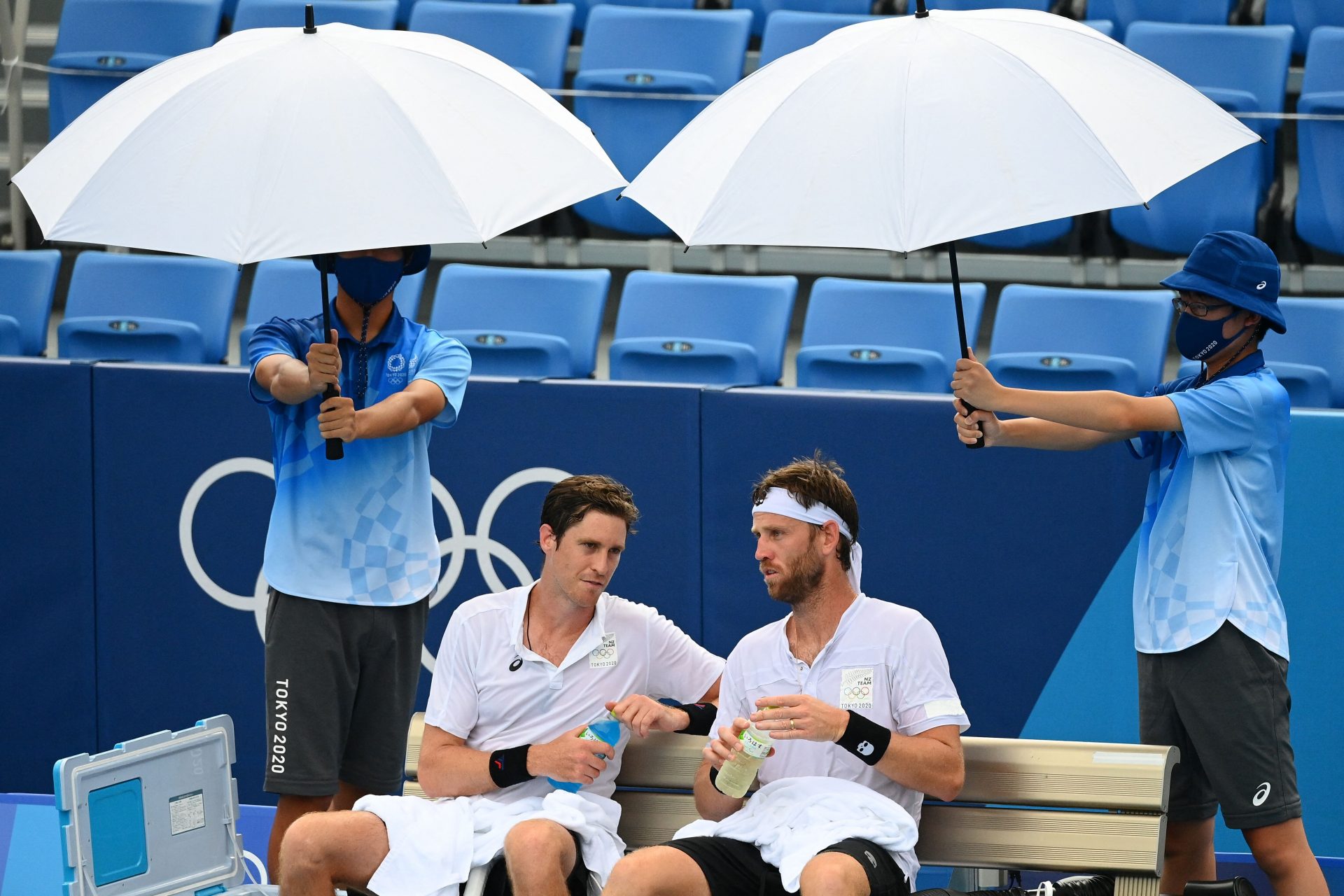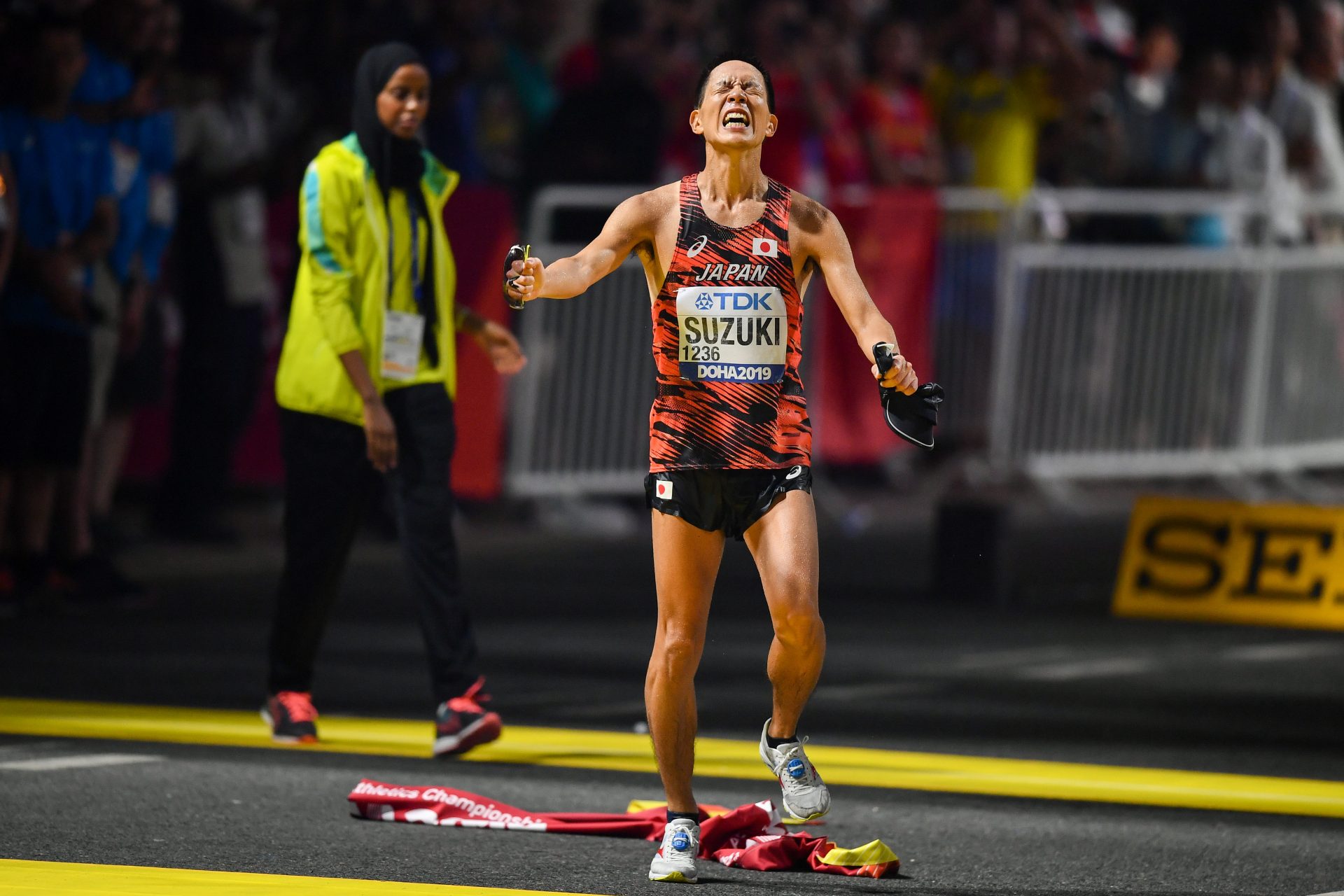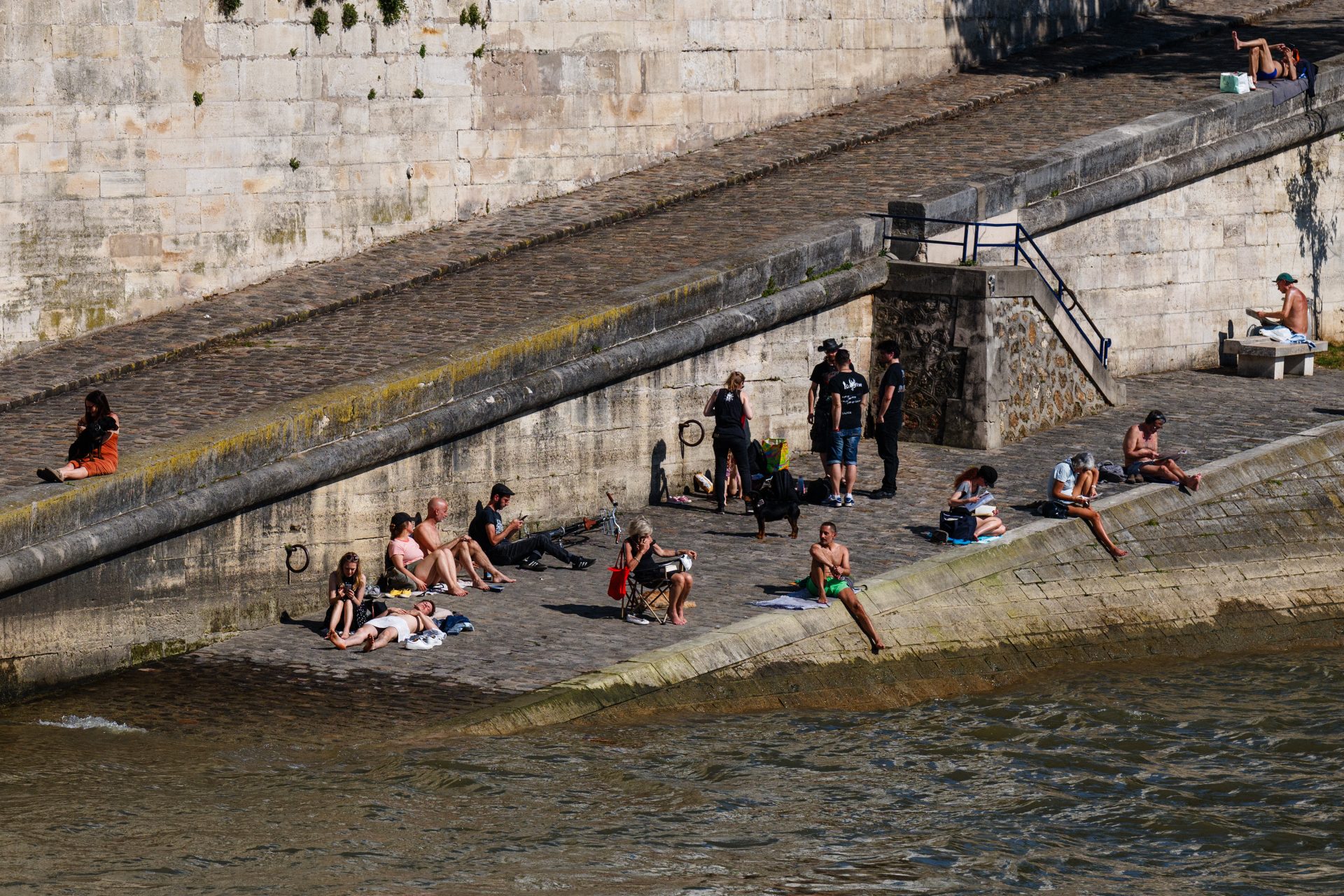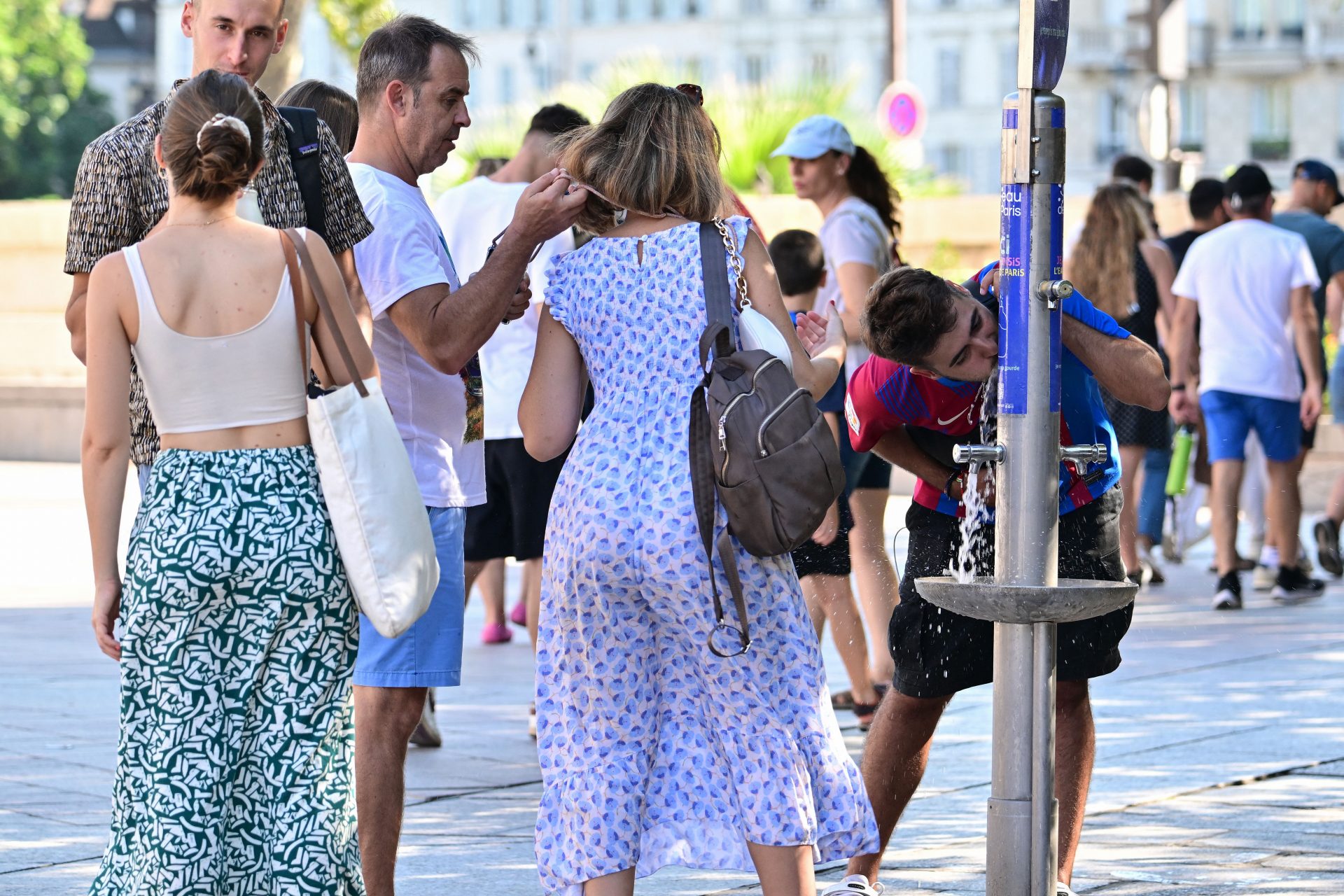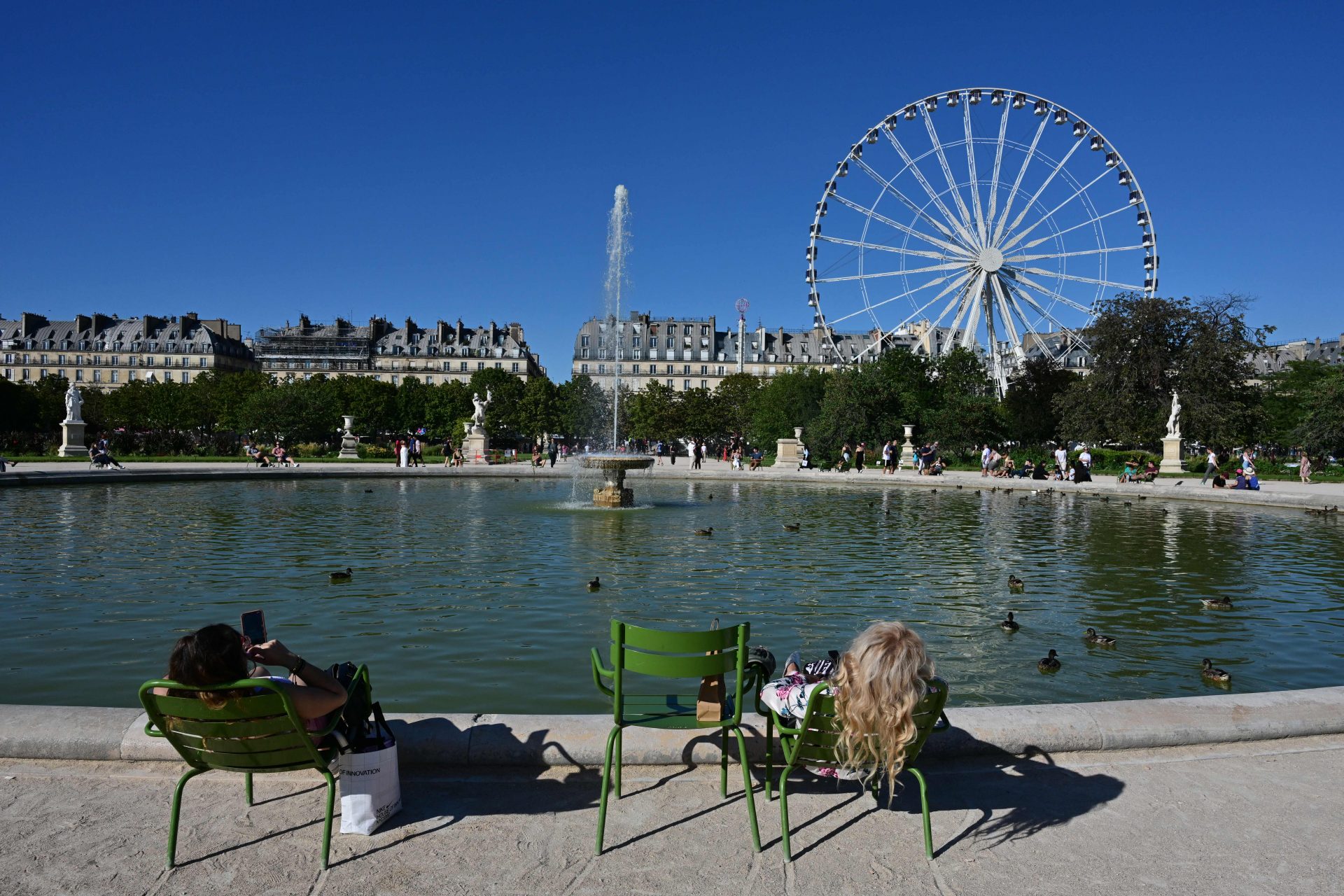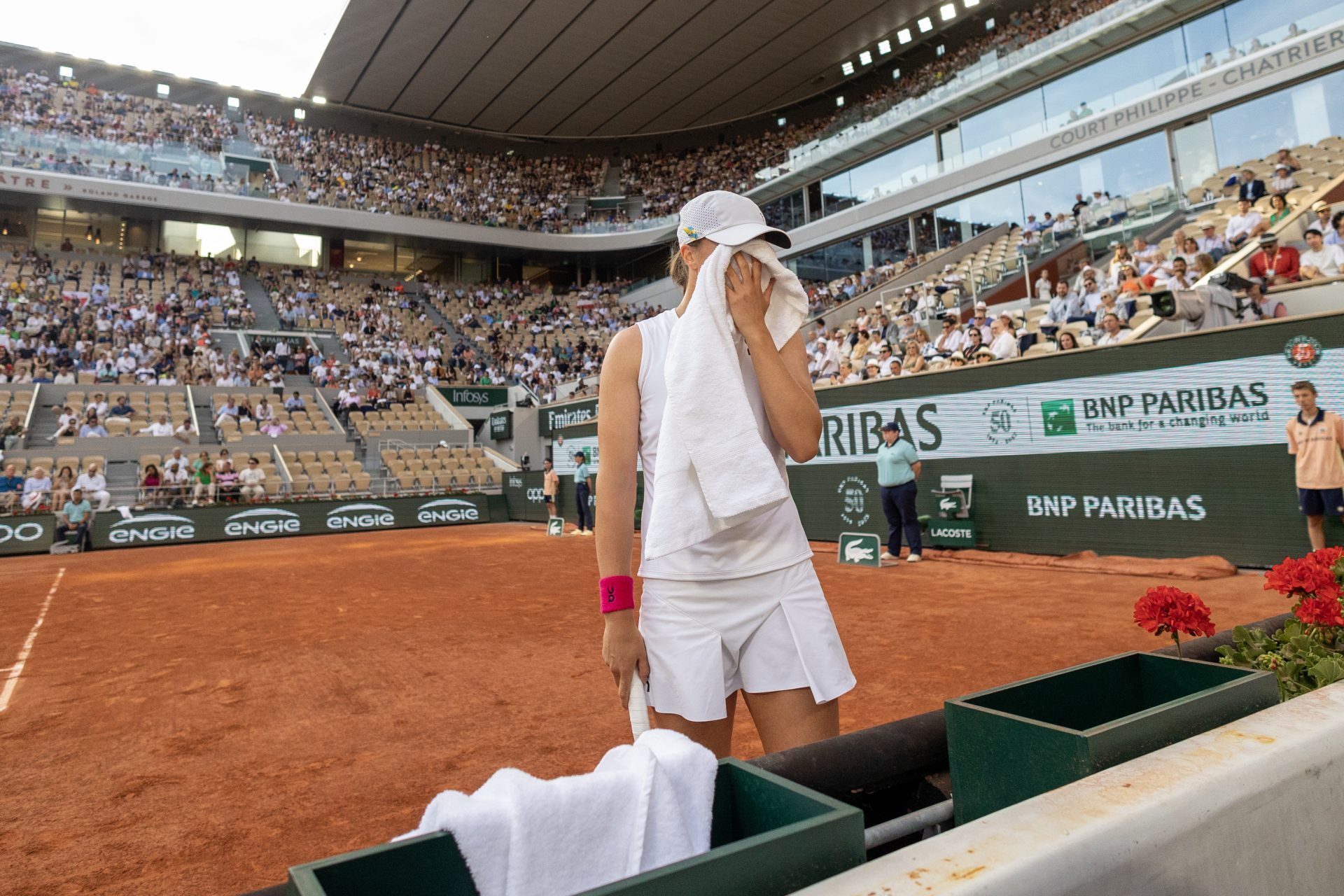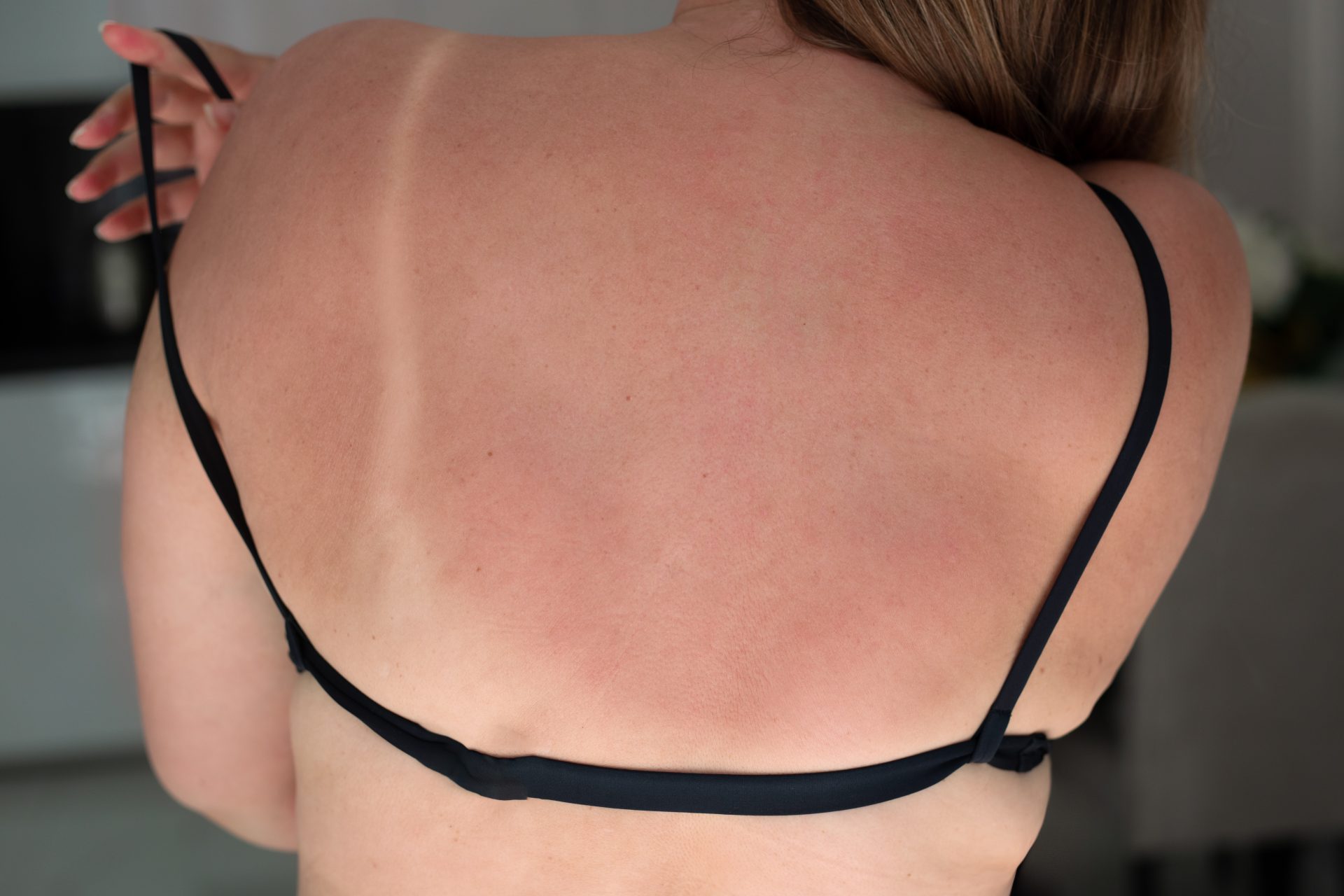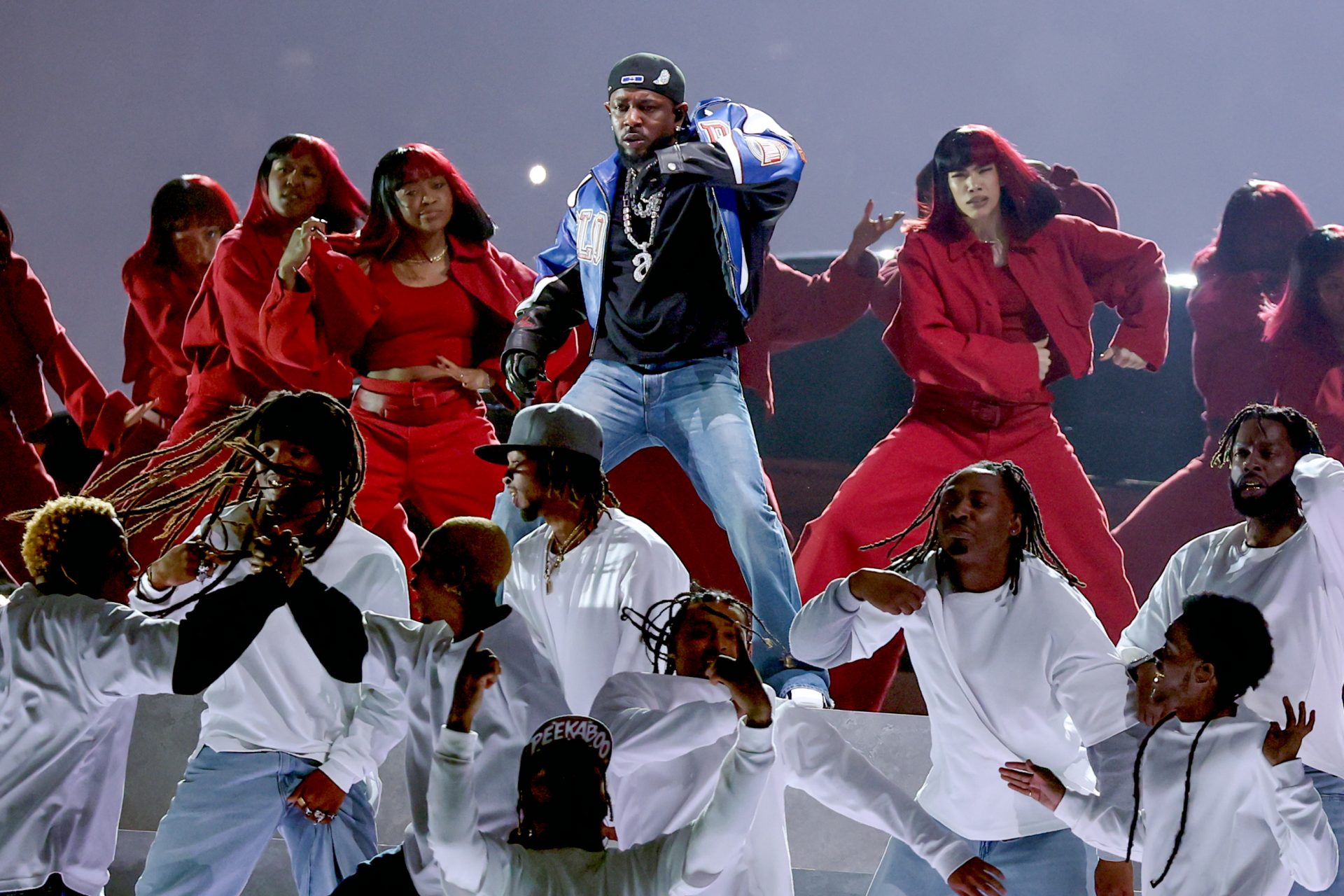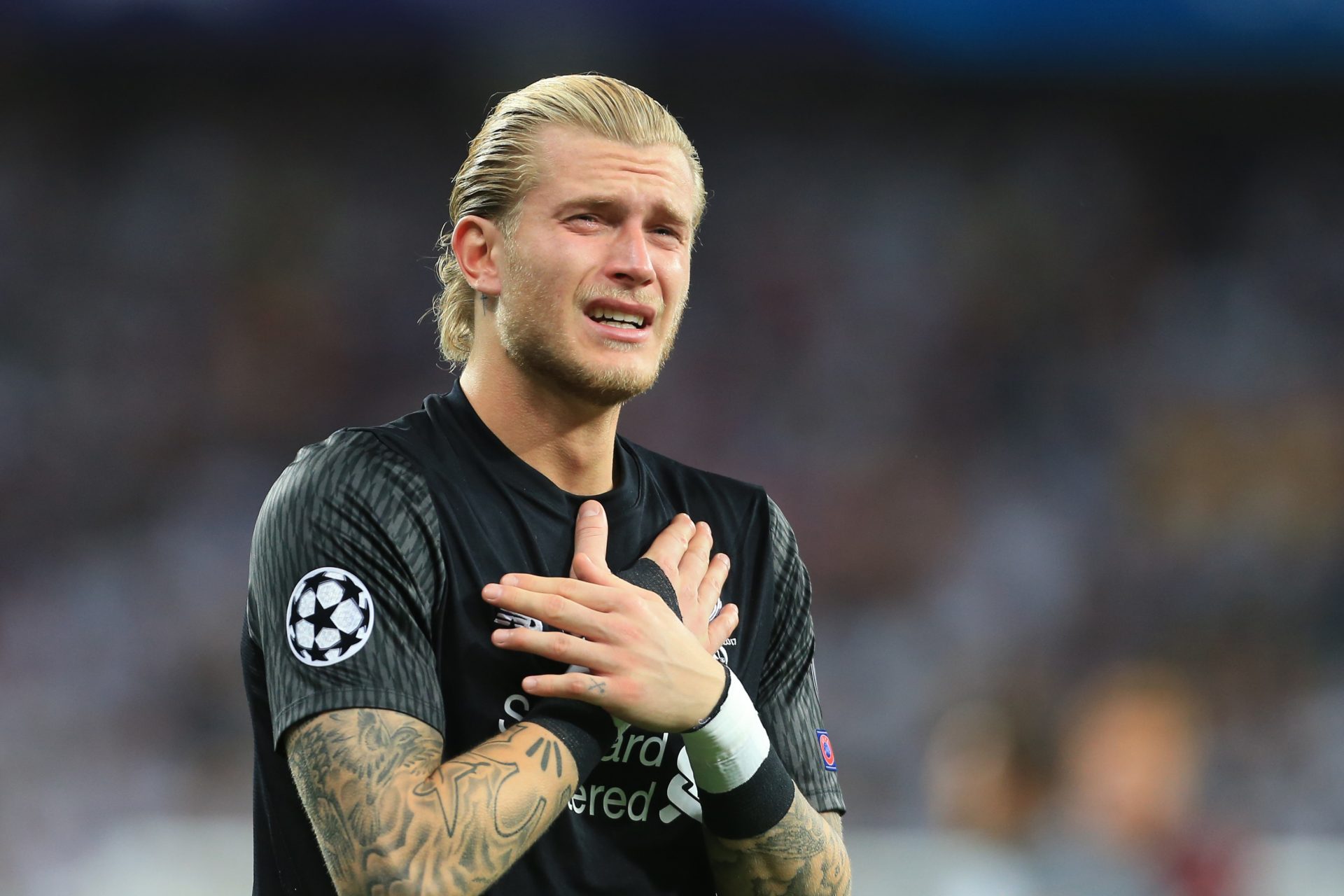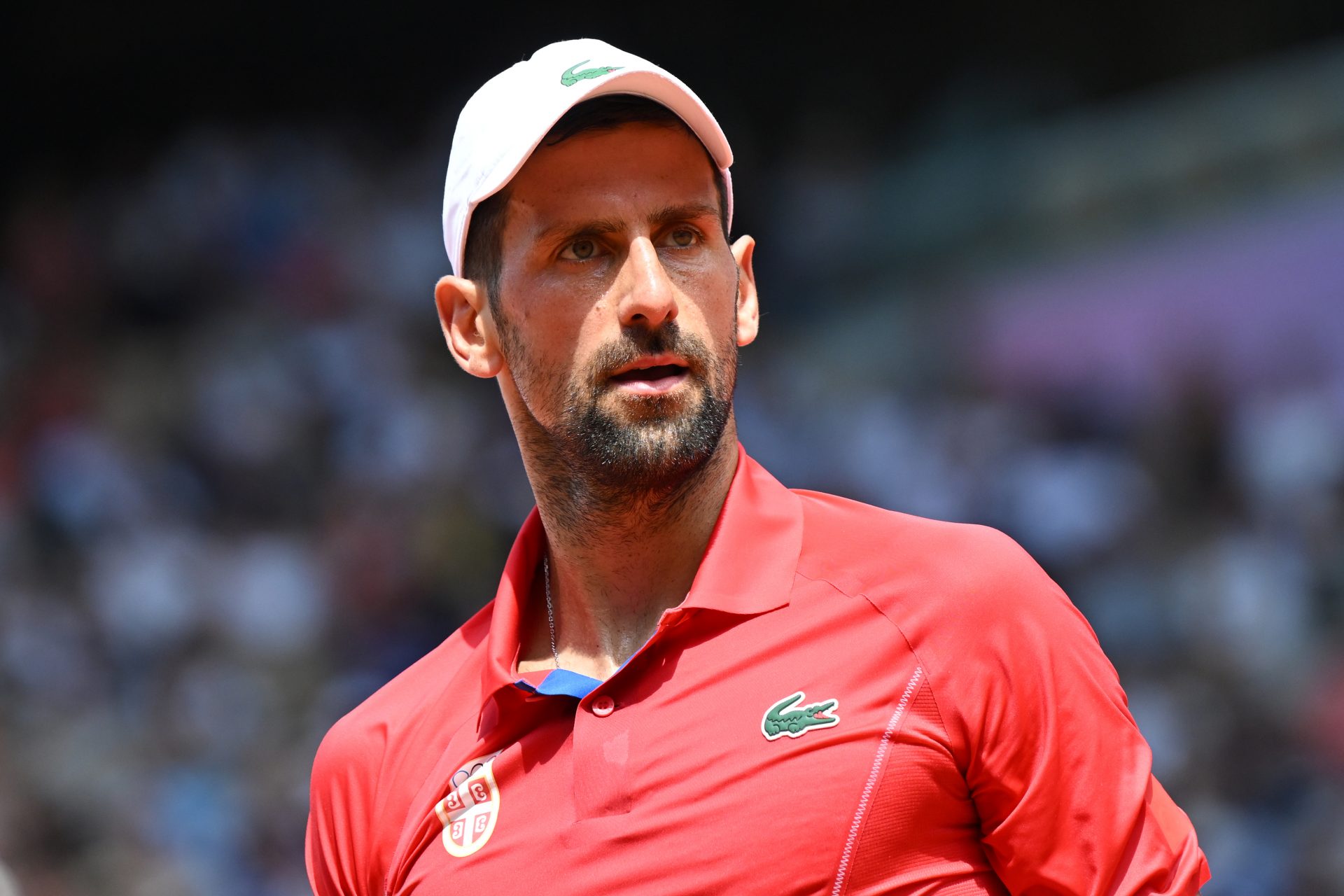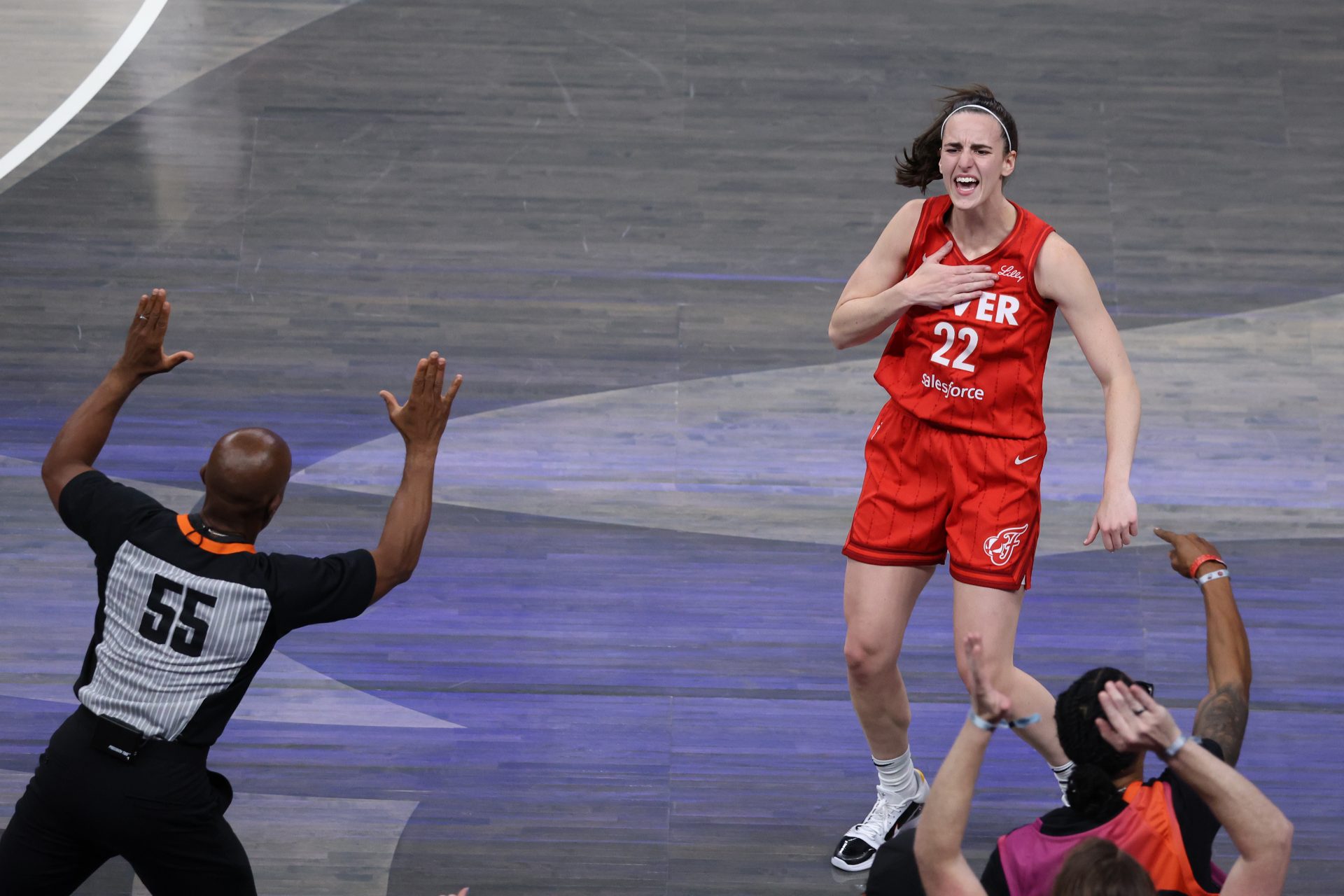Extreme heat will be a serious risk for athletes during the Paris 2024 Olympics
The Paris Olympic Games have been at the center of controversy following recent reports underlying extreme heat during the games. Arguably one of the most anticipated sporting events of 2024 will be under the scorching sun.
Concerns have grown in recent weeks due to climate forecasts: in fact, it could become the hottest Olympic event ever recorded, as reported by Euronews.
High temperatures are a serious challenge for competing athletes. It adds a layer of difficulty and risk, and climate experts alongside athletes believe this will be a health liability.
Want to see more like this? Follow us here for daily sports news, profiles and analysis!
Recently, the British Association for Sustainable Sport and Leading Athletes, produced a report together with Climate Central and Front Runners, entitled 'Rings of Fire: Heat Risks at the 2024 Paris Olympics,' which includes testimonies from athletes, as well as the opinions of doctors and experts, who reveal the consequences of extreme heat on athletes.
According to the study, the 34-degree Celsius temperatures recorded at the Tokyo Games in 2021 offer “a window into an alarming and growing pattern of what could be repeated at the Summer Olympics.”
“As temperatures rose above 34°C and humidity reached almost 70%, the Games in Japan became 'the hottest in history,'” the study reads.
The photos left by those Olympic Games left no room for interpretation. One of the strongest tennis players in the world, Russian Daniel Medvedev, said during the competition: “I can finish the match, but I could die,” as reported by the AP agency.
The Spanish player Paula Badosa, on the other hand, left the court in a wheelchair and had to withdraw from the match against Marketa Vondrousova due to heat stroke.
Tennis player Marcus Daniell, who won a bronze medal at the Tokyo Games, also expressed his fear of dying on the field of play during matches.
Japanese race walker and 2019 world champion Yusuke Suzuki shares in a report “how the lasting consequences of heat illness derailed his Olympic dreams in Tokyo and had a profound personal and professional impact, affecting both his physical and mental health.”
According to the Rings of Fire report, since 1924, when Paris last hosted the Olympic Games, annual temperatures in the French capital have increased by 1.8°C. The Paris area has experienced 50 heat waves from 1947 to 2023, which have increased in frequency and intensity as a result of climate change.
Likewise, the summer heat is intensified in the French capital due to the urban heat island effect, that is, urban areas tend to be warmer than surrounding rural areas, as the study explains.
In addition, the study details that these games are held on the same dates that, in 2003 when France suffered a heat wave that led to the death of 14,000 people. “At that time, the maximum temperature recorded in Paris was 39.5 degrees. Extremely hot summers similar to those of 2003 are now ten times more likely due to climate change,” according to local reports.
The consequences on the athletes' bodies are evident. “Heat and/or humid conditions make it difficult to lose heat and make it more difficult to regulate the body's internal temperature. This affects physical performance, especially when exposure is prolonged” and a sustained and high pace of exercise is required, the study highlights.
“High ambient heat and humidity can cause additional harmful impacts: from sunburn and heat cramps, to heat exhaustion or even collapse from heat stroke, potentially putting health and well-being at risk. This can occur in athletes, but also in officials and spectators,” experts warn.
Another concern of athletes is rest. High temperatures affect the quality of sleep. The Paris Olympics, which aim to be the most ecological, do not provide for air conditioning in buildings such as the Olympic Village, the residential complex where the athletes are housed. Instead, it provides for a geothermal cooling system. However, the organization ensures that the athletes will have fans, Euronews reports.
Want to see more like this? Follow us here for daily sports news, profiles and analysis!
More for you
Top Stories



